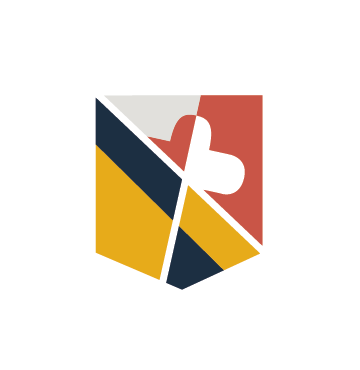The Digital Accessibility Work Group, convened by the University System of Maryland Kirwan Center for Academic Innovation, is charged with fostering cross-institutional collaboration to support faculty in meeting the Department of Justice's Title II ruling on digital accessibility. The work group in its initial composition will bring together representatives from USM institutions, Maryland community colleges, and Maryland organizations focused on online learning and accessibility to address the critical need for accessible course materials that meet Web Content Accessibility Guidelines (WCAG) standards.
The work group serves as a collaborative body to identify campus needs related to digital accessibility, develop shared resources, and establish best practices for creating accessible course materials. Through monthly meetings from March 2025 through April 2026, the work group focuses specifically on supporting faculty in making their course materials fully accessible, both in remediating existing materials and in creating new accessible-from-the-beginning content.
The Digital Accessibility Work Group includes the following people from across the state of Maryland:
- Jarryd Sampson, Accessibility and Assistive Technology Coordinator, Bowie State University
- Wendy Torres, Technologist & Disability Support Specialist, Coppin State University
- Rita Thomas, Manager, Instructional Design & Technology, Frostburg State University
- Hailey Cristea, Instructional Designer, Salisbury University
- Ellen Schaefer-Salins, Associate Professor, School of Social Work, Salisbury University
- Teresa Valais, Senior Instructional Designer, Towson University
- Constance Harris, Director of Online Learning, University of Baltimore
- Brittany Hopkins, Instructional Designer, University of Maryland, Baltimore
- Mariann Hawken, Instructional Technology Director, University of Maryland, Baltimore County
- Ana Palla, Senior IT Accessibility and UX Specialist, University of Maryland, College Park
- Tracey DiRusso, Acting Director & Instructional Technologist, University of Maryland Eastern Shore
- Beth Mulherrin, Associate Vice President for Learning Resources & Access Services, University of Maryland Global Campus
- Julie Halick, Associate Director of Digital Learning, Technology and Innovation, University of Maryland Center for Environmental Science
- Ron Hansen, Director of Instructional Systems, Chesapeake College
- TobyLarue Haynes, Online Learning Technical Trainer, Community College of Baltimore County
- Brian Bergen-Aurand, Director of Learning Services, Wor-Wic Community College
- Michael Shaw, MD AHEAD Board Member
- Julie Porosky Hamlin, Director, MarylandOnline







